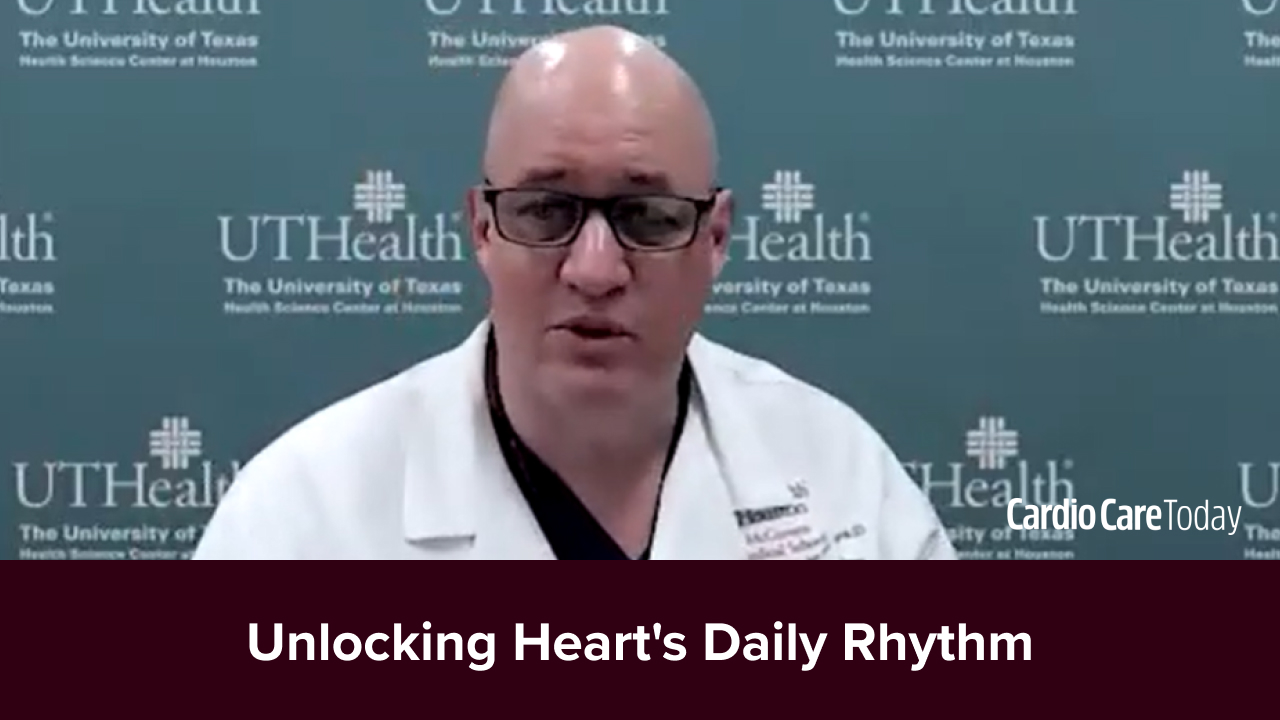
Lancet Retracts Hydroxychloroquine Study, NEJM Publishes Expression of Concern
Two headline-grabbing hydroxychloroquine studies ran into trouble this week when the Lancet and the New England Journal of Medicine pushed a retraction and Expression of Concern, respectively, regarding a questionable data source common to both papers. The problems centered on data collected by Surgisphere, a private third-party firm, which was having problems vouching for the quality of its data and providing required transparency for independent reviews of the data. “We all entered this collaboration to contribute in good faith and at a time of great need during the COVID-19 pandemic,” the wrote. “We deeply apologize to you, the editors, and the journal readership for any embarrassment or inconvenience that this may have caused.”
https://www.docwirenews.com/docwire-pick/cardiology-picks/expressions-of-concern-ace-inhibitors-in-covid-19/
–
FDA Gives Nod to Ticagrelor for Heart Attack, Stroke Prevention in High-risk Patients
The FDA has granted an approval to ticagrelor for the reduction in risk of initial heart attack or stroke in high-risk patients with diabetes. The results of the THEMIS trial showed statistically significant reductions in the primary study endpoint of MACE with the use of 60 mg ticagrelor plus aspirin vs. aspirin alone. “The addition of ticagrelor to aspirin offers a new therapeutic option to decrease the likelihood of both heart attack and stroke, a significant advance in our ability to treat these high-risk patients,” THEMIS chair Deepak L. Bhatt, MD, of Brigham and Women’s Hospital, said in a news release.
https://www.docwirenews.com/docwire-pick/cardiology-picks/fda-approves-ticagrelor-coronary-heart-disease-diabetes-prevention/
–
Advanced Interatrial Block Predictive of AFib in Older Adults
“Advanced interatrial block is an unrecognized surrogate of atrial dysfunction and a trigger of atrial dysrhythmias, mainly AFib,” the authors for this analysis of BAYES registry data wrote in their abstract. “The presence of advanced IAB in sinus rhythm is independently associated with AFib and stroke in an elderly population with structural heart disease and no previous diagnosis of AFib.”
https://www.docwirenews.com/docwire-pick/cardiology-picks/iab-afib-interatrial-block-stroke-risk-older-patients/
–
Patients Put Off Stroke Care During the COVID-19 Shutdowns
This analysis suggested that patients delayed hospital arrival for critical stroke care by as much as 160 minutes on average due to the COVID-19 pandemic and possible fears of going to the hospital. Previous studies, they noted, suggested that patients were avoiding stroke care during the pandemic, and this study showed that they were also delaying care if they did receive it. “When it comes to stroke treatment, every minute counts,” lead author Dr. Clemens Schirmer, of Geisinger Medical Center in Danville, Pennsylvania, said in a press release. “My colleagues and I have been devastated to see patients arriving at the hospital too late for us to help them. Our findings indicate a dire need for public education to address COVID-19 related fears to ensure people with stroke symptoms seek the lifesaving care they need without delay.”
https://www.docwirenews.com/docwire-pick/cardiology-picks/covid-19-acute-ischemic-stroke-care-delays-in-presentation/







 © 2025 Mashup Media, LLC, a Formedics Property. All Rights Reserved.
© 2025 Mashup Media, LLC, a Formedics Property. All Rights Reserved.